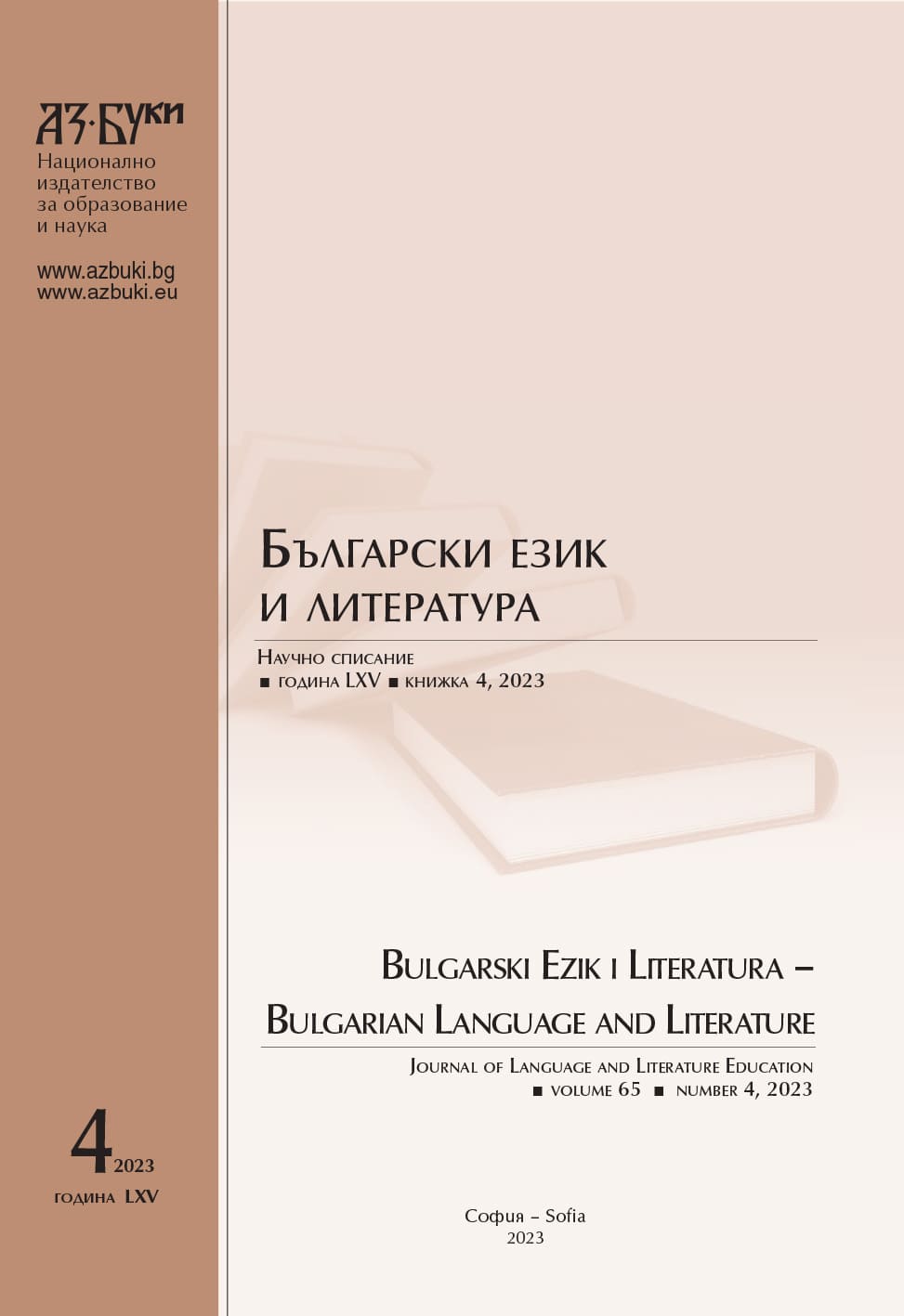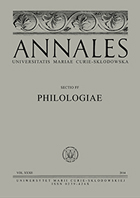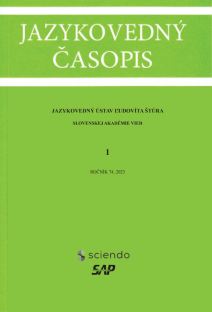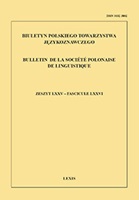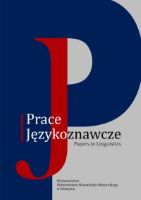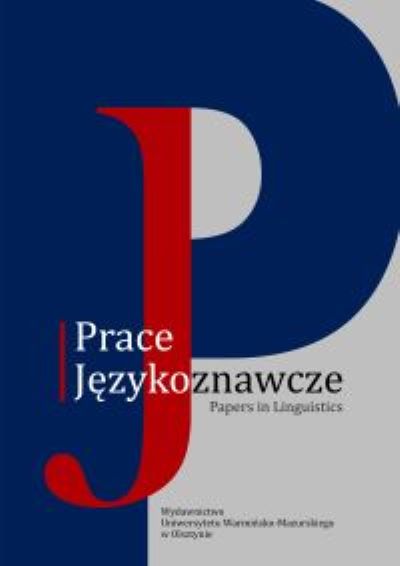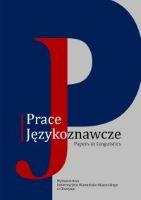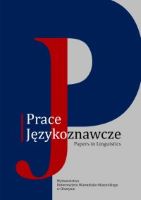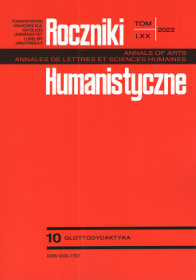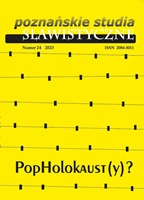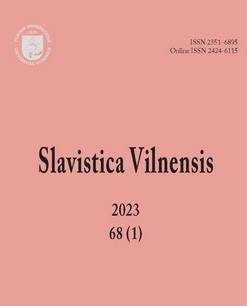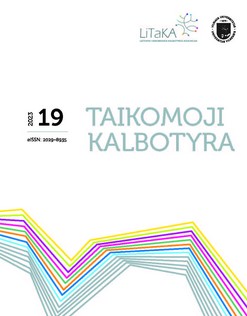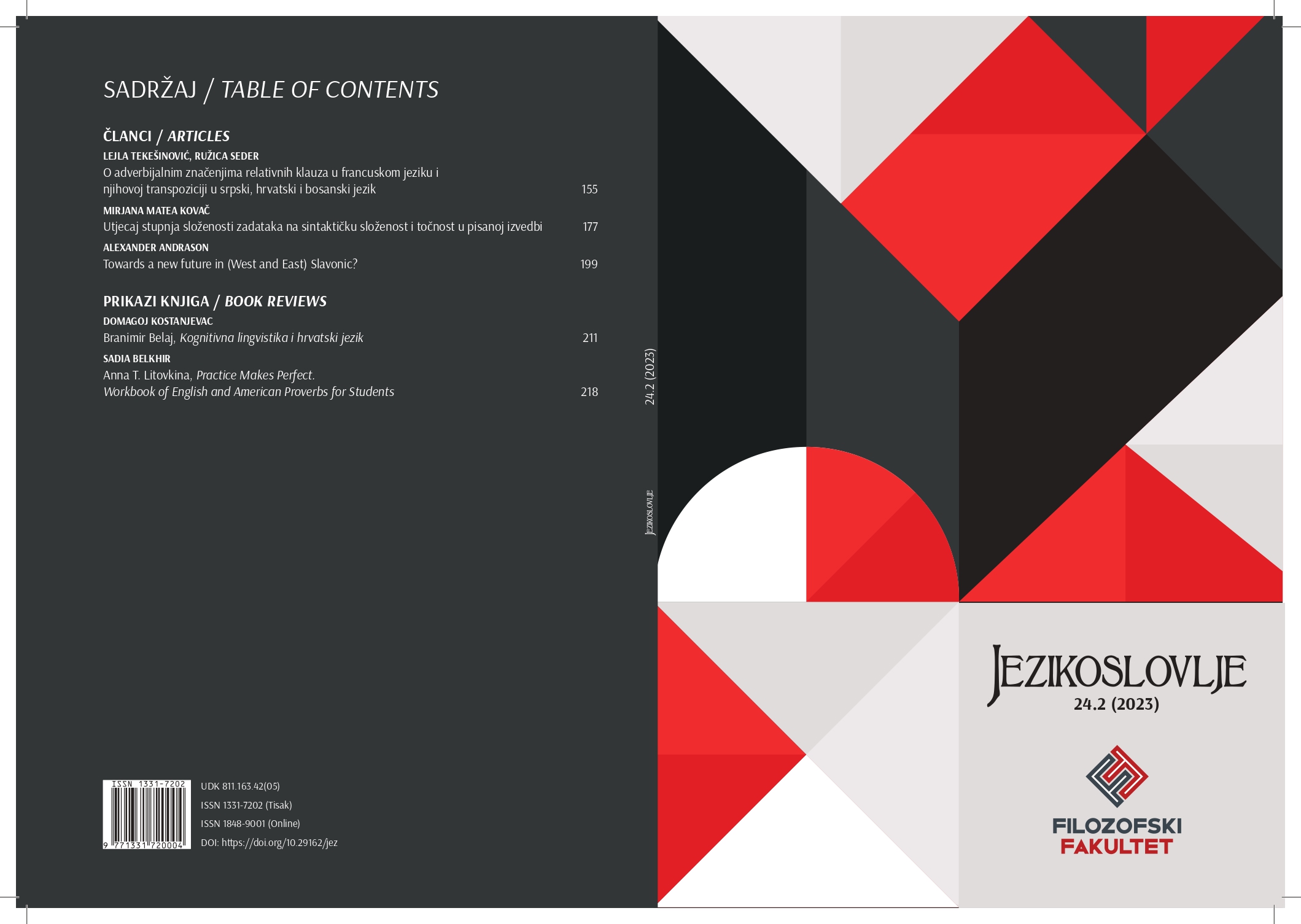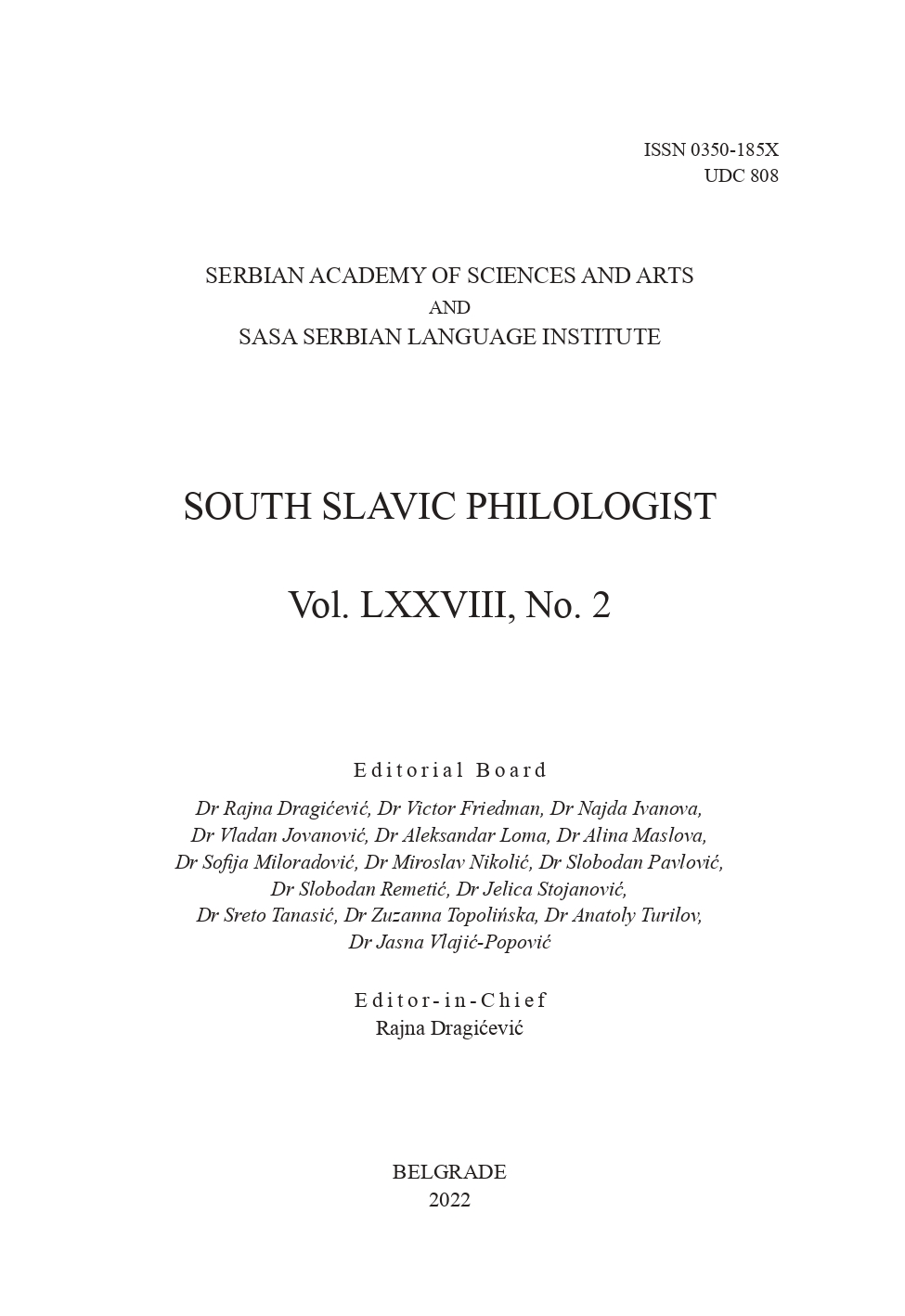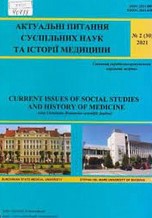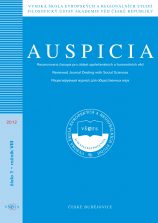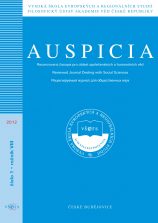Author(s): Natalia Chaikovska,Bogdana Kachan,Oksana Ostapchuk,Liubov STEHNITSKA / Language(s): English
Issue: 1/2023
В останні десятиліття вивчення процесів термінотворення набуває все більшої актуальності як в українському, так і в зарубіжному мовознавстві. Вивчення лексико-семантичних та структурно-морфологічних особливостей термінів дає змогу оцінити рівень розвитку відповідної терміносистеми та визначити пріоритетні напрями її унормування. Поповнення термінології фахових мов відбувається на основі загальних принципів словотвору, характерних для мови в цілому. Метою статті є виявлення тенденцій інтернаціоналізації та автохтонності у процесі найменування хвороб у сучасній терміносистемі педіатрії. Розуміння основних моделей термінотворення дає можливість оволодіти професійною мовою при обміні та інтеграції даних, що сприятиме своєчасному вирішенню нагальних питань медицини. Об'єктом дослідження є терміни на позначення дитячих хвороб. Методи дослідження. Проведено етимологічний та порівняльний аналіз латинських, німецьких та англійських термінів з метою встановлення способів трансформації назв дитячих хвороб. Наукова новизна. Німецька та англійська медична термінологія формувалася протягом століть під впливом різних чинників, які зумовили її неоднорідність. Щодо внутрішніх чинників, то на межі століть спостерігається динамічний розвиток мов, що призводить до збільшення кількості запозичень та відновлення і вдосконалення їх національних мовних ресурсів. На особливу увагу заслуговують терміни давньогрецького та латинського походження. Упродовж століть класичні мови античності відігравали унікальну роль у формуванні медичної термінології, до якої належить і номенклатура педіатрії, де греко-латинські морфеми сьогодні посідають провідні позиції з точки зору термінотворення на позначення її номінативних класів. У нашому дослідженні вони функціонують як греко-латинські терміни, що адаптувалися до фонетичних і морфологічних особливостей мови-реципієнта, наприклад, лат. hepatitis > нім. die Hepatitis > англ. hepatitis або лат. cherubismus > нім. der Cherubismus > англ. cherubism. З розвитком національної термінології з'являються терміни автохтонного походження, як-от: лат. tussis convulsia > нім. der Keuchhusten > англ. whooping cough або лат. metatarsus varus > нім. der Klumpfuß > англ. clubfoot. В епоху глобалізації суспільства англійська мова поступово стала мовою міжнародного спілкування, в результаті чого в німецькій мові ми маємо такі теміни, як der Flap-Op (розщеплення піднебіння у дітей, що піддаються хірургічному втручанню) чи die Check-up-Untersuchung (скринінгове обстеження). Висновки. Порівняльний лексико-етимологічний аналіз термінів фахової мови педіатрії дозволив встановити певну специфіку походження термінів, де етимологічну основу термінології складають інтернаціональні та автохтонні елементи, які є повністю або частково запозиченими і мають національні відповідники у фаховій мові.
More...

